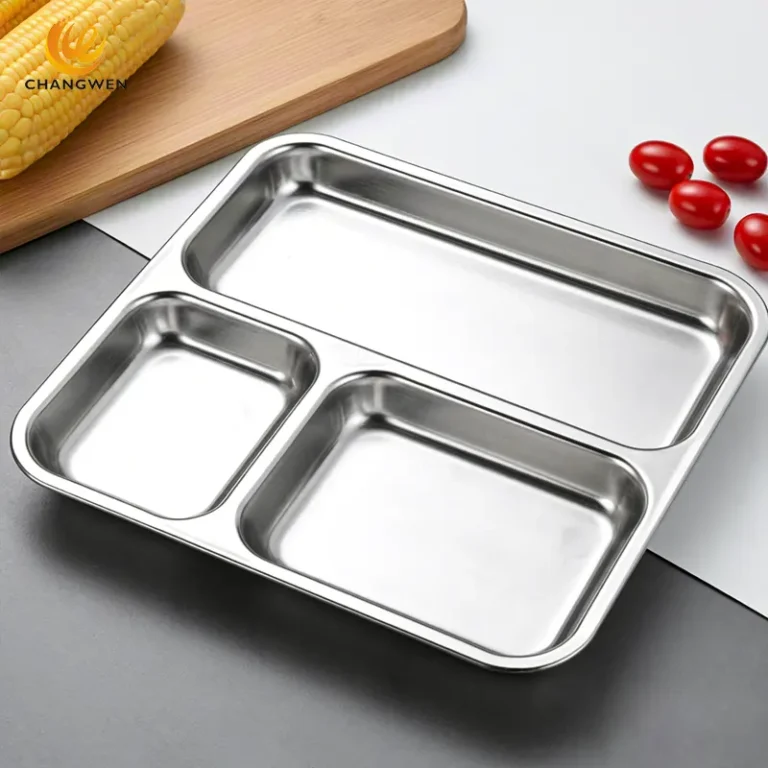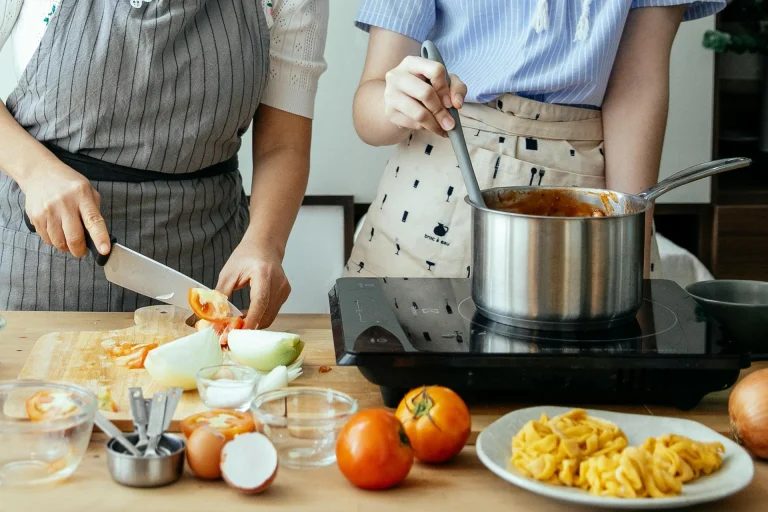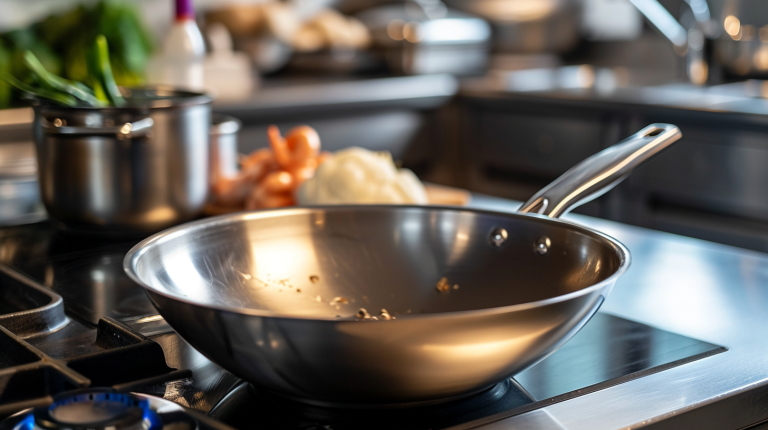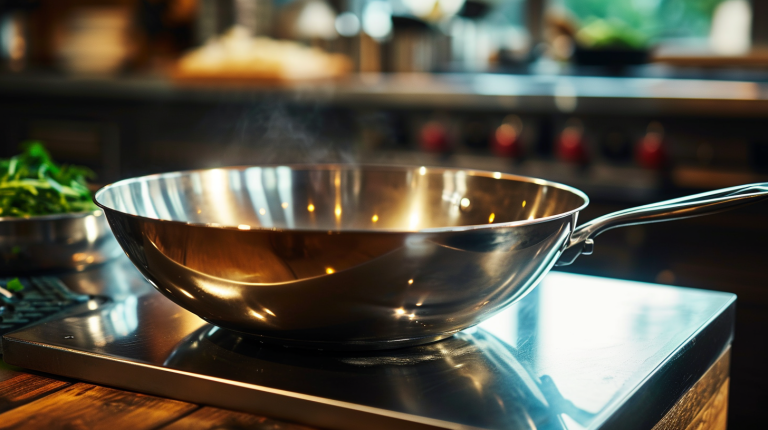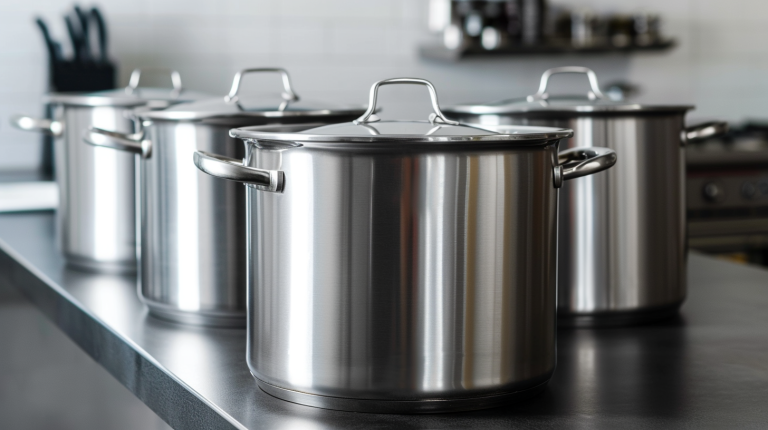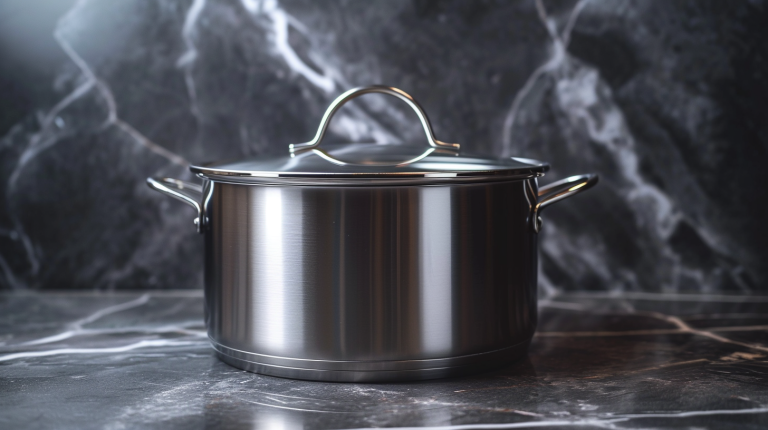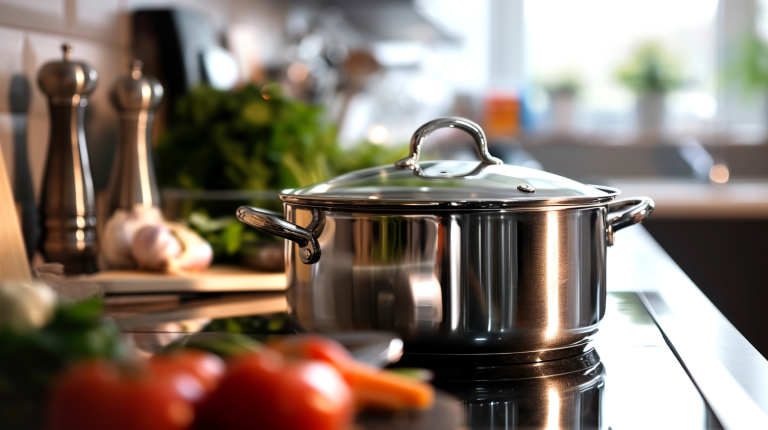Top 10 Glass Cookware Manufacturers
Glass cookware is a popular choice in many kitchens worldwide due to its aesthetic appeal, non-reactive nature, ability to maintain steady heat, and ease of monitoring food while cooking.
This article will introduce the top 10 high borosilicate glass cookware manufacturers in China, including Changwen, Pyrex, CorningWare, Anchor Hocking, Visions, Arc International, Libbey, Luminarc, Borosil, SIMAX.
1. Changwen

Changwen is a professional cookware manufacturer that produces various cookware, including high borosilicate glass cookware. The main products are stainless steel glass cookware. Glass cookware is supplemented by stainless steel to make it more durable.
2. Pyrex

Pyrex is perhaps the most well-known brand when it comes to glass cookware. Founded over a century ago, the American company’s products are renowned for their durability and practical designs. Pyrex’s glass cookware range includes bake ware, storage containers, and mixing bowls, among other items.
3. CorningWare

One of the leading names in the cookware industry, CorningWare, offers a selection of high-quality glass and ceramic cooking vessels. Famous for their signature white with blue pattern designs, their products are not just functional, but also a beautiful addition to any kitchen décor.
4. Anchor Hocking

With a history going back to 1905, Anchor Hocking is a major name in the industry, known for its high-quality, durable glass cookware products. Their offerings range from baking dishes and mixing bowls to storage containers and serving dishes.
5. Visions

Visions, a brand under CorningWare, offers glass cookware that stands out with its distinct amber or cranberry color. It’s specifically designed to withstand high temperatures making it safe for use on the stovetop, oven, or microwave.
6. Arc International

The French cookware company, Arc International, is another leading name in this sector. They offer a wide variety of glassware, including cookware, serving dishes, storage containers, and tableware.
7. Libbey

For over 200 years, Libbey has been providing high-quality glass cookware and tableware. Though the brand’s product range leans more towards glassware for beverage service, they also offer a selection of glass baking and cooking dishes.
8. Luminarc

Part of the Arc International Group, Luminarc offers a diverse range of glass and glass-ceramic cookware items. These products feature modern designs and durability, bridging the gap between elegance and functionality.
9. Borosil

An Indian company with international acclaim, Borosil is renowned for its high-quality heat-resistant borosilicate glass cookware. Their offerings are versatile, safe for use in the microwave, oven, dishwasher, and even directly on the flame.
10. SIMAX

Known for its quality and durability, Czech Republic’s SIMAX offers a range of glass cookware, from casseroles and roasters to teapots and kettles. Their products are made of borosilicate glass which is famed for its resistance to heat, cold, and common kitchen accidents.
Glass Cookware Manufacturing Process
Glass cookware products are usually made from one of two types of glass: borosilicate or soda-lime silicate. Borosilicate glass, known for its resistance to thermal shock, was the primary choice for a long time. In recent years, however, soda-lime silicate glass has gained popularity due to its enhanced mechanical strength and environmentally friendly manufacturing process.
The glass production process includes: batching, melting, forming, annealing and other processes. Each process is introduced in detail below.

1. Raw material preparation: Mix appropriate amounts of quartz sand, limestone, soda ash, barite and other raw materials according to a certain proportion.
2. Melting: Add the mixed raw materials into the glass furnace for high-temperature melting. The melting temperature is about 1500. This process may take up to 24 hours, depending on the ingredients of the batch and the characteristics of the desired product.
3. Forming: Pour the molten glass liquid into the mold for forming. It can be formed by blowing, molding and other methods.
4. Annealing: Place the formed glass cookware into an annealing furnace for slow cooling to eliminate internal stress and enhance the strength and stability of the glass.
5. Hardening: Heat treatment of annealed glass to improve hardness and wear resistance. This step can be done as many times as needed.
6. Processing: Trim and polish the hardened glass cookware to make the surface smooth.
7. Inspection: Conduct quality inspection on the processed glass cookware, including appearance, size, heat resistance and other indicators.
8. Packaging: The inspected glass cookware is packaged through packaging equipment for transportation and sales.
The above are the general principles of glass cookware production. The specific production process and technology may be different. According to different manufacturers and products, different requirements may be involved.
Glass cookware styles

Frequently Asked Questions about Glass Cookware
Glass cookware is hailed for its elegance, functionality, and versatility. However, with that esteem can come several questions and concerns about using and maintaining these culinary gems. Here, we’ve compiled and responded to some of the most frequently asked questions about glass cookware.
1. Is glass cookware safe to use?
Yes, glass cookware is safe to use. Made from non-reactive materials, glass does not release any harmful substances into food during cooking, regardless of the temperature. It is crucial, however, to always check for any chips or cracks before use, as these can lead to breakages during cooking.
2. Can glass cookware go from fridge to oven?
Caution is advised here. While glass cookware is generally thermal-resistant, rapid changes in temperature can lead to thermal shock, which can cause the glass to break or shatter. It’s best to let the cookware gradually come up to room temperature before placing it in a preheated oven.
3. Can glass cookware be used on the stovetop?
This depends on the type of glass. Borosilicate glass is generally stovetop-safe due to its high thermal shock resistance. However, specific safety details should always be checked, as not all glass cookware is designed for stovetop use.
4. Is glass cookware microwave safe?
Yes, most glass cookware is microwave-safe due to the non-reactive property of glass. Always check the product details or consult the manufacturer if unsure.
5. How to clean burnt food off of glass cookware?
Don’t panic if food gets baked onto your glass cookware; it can be cleaned with some soaking and patience. Fill the dish with warm water and add a generous squirt of dish soap or a cup of vinegar. Let it soak for a few hours, and then use a non-abrasive scrubber to gently remove the food residue. For tougher stains, baking soda can be used.
6. Is all glass cookware oven safe?
While most glass cookware is designed to be oven safe, the safe temperature can vary between manufacturers and types of glass. Always check the manufacturer’s instructions for the maximum safe temperature.
7. Is glass cookware dishwasher safe?
In general, yes. Most glass cookware is dishwasher safe. However, it’s always recommended to check the manufacturer’s instructions.
8. Can you use metal utensils on glass cookware?
While it won’t harm the cookware, using metal utensils may scratch the surface of the glass. To maintain the aesthetic appeal of your glass cookware, it’s better to use wooden or silicone tools.
9. Why did my glass cookware break or shatter?
Rapid temperature change can sometimes cause glass cookware to shatter – a phenomenon known as thermal shock. Cracks or chips can also compromise the structural integrity of the glass, making it more prone to breakage.
Conclusion
Whether manufactured from borosilicate glass, soda-lime glass, or Pyroceram, each brand provides distinctive products with their own advantages. When choosing glass cookware, consider not just its aesthetic appeal, but also how suitable it is for your cooking style and needs. Understanding the unique attributes offered by each brand can help guide your decision.
If you would like to know more about glass cookware please contact us.

